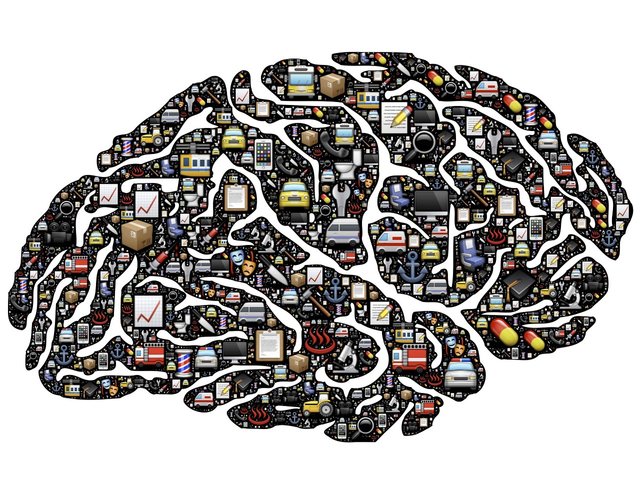Availability heuristic - Cognitive Biases (Pt.4)

The availability heuristic works like it sounds: whatever is most available is most easily used to make judgments and come to decisions. Judgments are based on memory recall. Recent information is imprinted on memory more vividly, and also primes us towards focusing on that information. The less something is vivid or available, the less likely it is to be used. If something has never been made available, then it really can't be used to inform judgments.
Uncomfortable or contradictory information to think about can be rejected, denied and ignored, being less available in thought for us to use in evaluating aspects of reality.
It's easier to recall recent information, that corresponds with previous memory knowledge, and doesn't take us out of a "feel-good" denial and ignorance of uncomfortable reality. Ignorance is bliss for many.
Information that repeats patterns and likeness of past memory knowledge is emphasized as more vivid.
News that repeats the same type of news, the same narrative, makes it a conditioned reality to accept. What isn't reported, isn't part of what some people know about reality. The available information they have access to is restricted.
The availability heuristic can be summarized to include these factors:
- recent information is easier to recall and make available
- frequency of available references from memory knowledge make it more available
- judging the probability of something recurring is impacted by the above (compound all the reasons for something failing to not do it)
- salience, value, weight, importance on new information impacts the time and vibrancy of its availability in our conscious and subconscious minds
Availability can be influenced through repetition, visual emphasis, and referencing simple and vivid objects for memory recall.
Be careful not to be manipulated by others into accepting something simply because it's easy access to the information you have at the present time. Time take to think things through. Get more information before making a decision.
Previous Cognitive Bias posts:
• Attentional Bias - Cognitive Biases (Pt.3)
• Anchoring or Focusing Effect - Cognitive Biases (Pt.2)
• Ambiguity Effect - Cognitive Biases (Pt.1)
Bias Category: Decision-making, belief, and behavioral biases
Do you want to learn more? ---> Wikipedia list of cognitive biases
[Image sources: 1]
Thank you for reading! I appreciate the knowledge reaching more people. Take care.
If you appreciate and value the content, please consider:
Upvoting  , Sharing
, Sharing  and Reblogging
and Reblogging  below.
below.
 me for more great content to come!
me for more great content to come!
Author: Kris Nelson / @krnel
Contact: [email protected]
Date: 2016-10-04, 10:30am EST
Thanks for the post, really interesting. I have been reading about 'cognitive dissonance' recently. The mental anxiety when contradictory beliefs, ideas, or values are held at the same time, and how we can consciously and subconsciously take actions to remove this inconsistency.
Seems that cognitive dissonance and confirmation bias are two sides of the same thing, with us trying to achieve the same psychological peace. We are complicated things. Cheers
https://steemit.com/nature/@haster/the-most-beautiful-places-of-the-world
beautiful